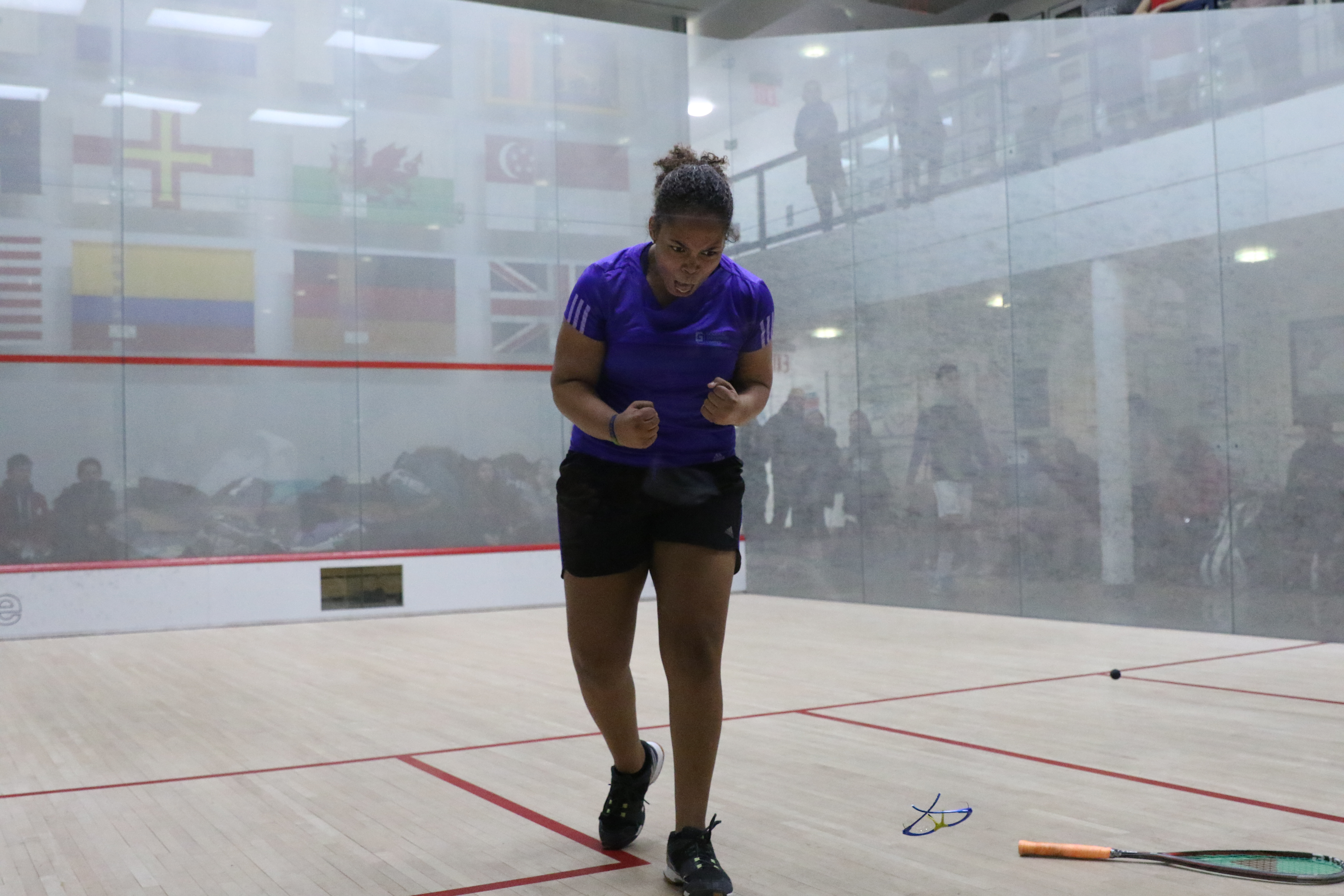By Amy Gross, Peak Performance & Mental Coach
Engaging in powerful conversations about gender and athletic performance can be difficult. Gender is an emotionally-charged issue and many people don’t bring it up out of fear of being judged, criticized or misunderstood. As a result, assumptions are made or the topic is avoided all together. This sidestepping approach perpetuates gender norms and stereotypes and prevents people from reaching their potential.
In my work with athletes, both males and females comment that gender expectations can negatively impact their performance. Two scenarios that explore gender roles in sport are outlined below:
Player A:
A female athlete, who is a fierce, tenacious competitor, is described by others as emotive, unfriendly and unsportsmanlike. She is having a difficult time hearing this feedback and verbalizes that she would rather be well liked than reach her athletic goals.
Player B:
A modest male athlete, who plays best in a calm state, is described by others as passive and not aggressive enough. He reports that he often feels pressure by others to toughen up in order to reach his potential. He hesitates to bring this up to other people.
These stories highlight the subtle messages that we receive from a young age about the things men and women are supposed to do. We are socialized to think that certain traits are feminine and masculine, which can make breaking traditional gender roles a challenge. Player A risks being judged unfavorably because she is assertive and competitive (characteristics associated with masculinity) instead of gentle and sensitive (characteristics associated with femininity). Player B may not speak up because he isn’t supposed to talk about his feelings (being emotional is perceived as female), and he doesn’t want to be labeled as weak or lacking confidence.
While we all form biases throughout our lifetime, there are ways to address them and rethink our perceptions. Follow these tips to help manage the effects gender stereotypes can have on performance.
- Check yourself. We frequently search for evidence to confirm pre-existing beliefs. We pay attention to information that fits our beliefs and scrutinize data that is contrary to our opinions. Our desire to be right takes over our desire to learn. Checking/redirecting our thinking builds curiosity, creates space to put ourselves in someone else’s shoes and opens up our minds to alternative viewpoints.
- Challenge your assumptions. Some people may assume that females who are competitive aren’t friendly or a good sport or that men need to act tough to be confident. These assumptions lead us to draw inaccurate conclusions. A useful way to confront assumptions is by asking questions in an objective manner. For example, “what are the characteristics of a good sport?” or “what makes someone confident?” Responses such as “fairness and respect” or “belief in an athlete’s ability” start to carry more weight than bringing gender into the equation.
- Be mindful of your word choice. Words are powerful. Recognize the implications of saying, “you’re quick for a girl” (if a female is fast) or “you’re acting like a girl” (if a male expresses himself). These labels send messages that have the potential to hurt both genders performance.
- Get to know your athletes. When we don’t rely on our biases, assumptions or expectations, we free up time to understand athlete’s needs and what makes them tick. Coaches, parents, teammates, etc. can ask, “what can I do to help?” or “how can I support you” or “what’s your preferred coaching style?” instead of assuming they have a solution to a problem.


